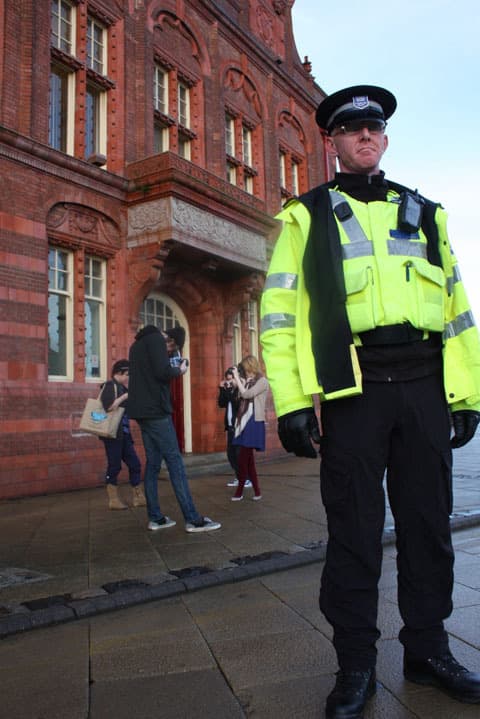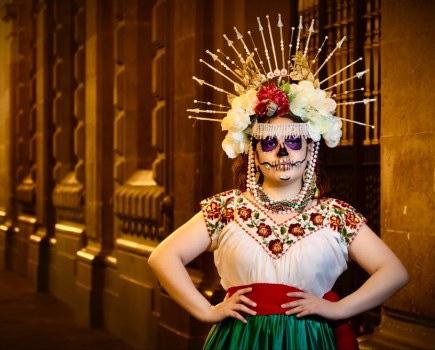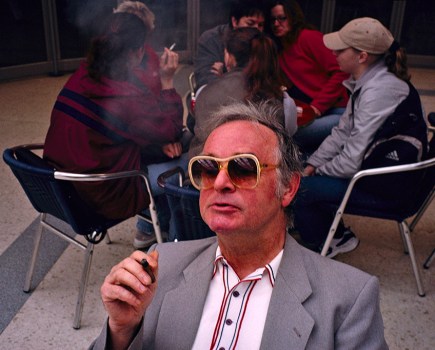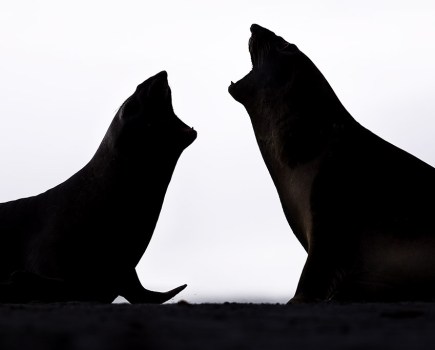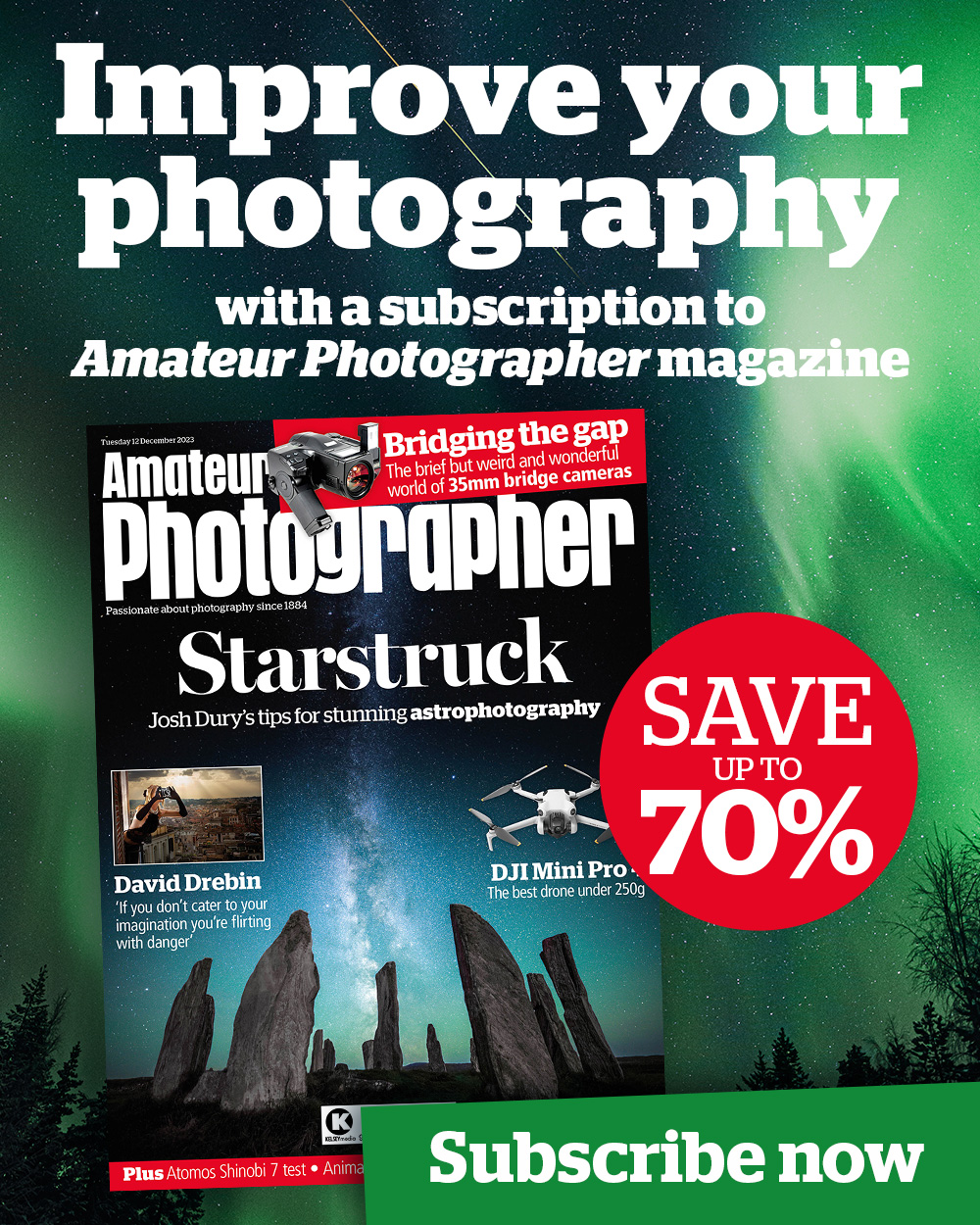Police insist they do not treat everyone seen taking pictures in public as potential terrorists and have hit back at claims to the contrary following student workshops.
As we reported last Friday, photography students at Cleveland College of Art & Design recently took part in police-led training sessions designed to help them spot terrorists and understand why photographers are stopped in public areas.
Police explained how criminals ?recce? areas using photography, video footage and note-making.
But it seems the move may have backfired slightly.
A press release posted on the college?s website following the workshops read: ‘Police officers are encouraged to approach anyone seen taking photographs or making notes as an effective and proportionate way to prevent and detect serious crime and terrorism.’
And following Amateur Photographer?s report on the workshops, Cleveland Police?s PR machine went into overdrive.
A statement released by the force last night reads: ?Cleveland Police do not treat anyone taking pictures in public as potential terrorists and this has not been stated at any point during the workshops.
?At the present moment in time there is no evidence to suggest that any group or individual is planning an attack within the Cleveland area.
?However, it is recognised nationally that there is a diverse threat from violent extremism, whether from individuals or groups, there the police, relevant partners and the community are being asked to be vigilant about what is happening around them.
?In or around vulnerable locations, individuals who carry out lawful pastimes or activities such as taking photographs and making notes may be spoken to by officers. This is recognised as an effective and proportionate tactic in preventing terrorism and similar criminality.?
Photographers in ‘unique position’ to spot terrorists
The statement adds: ?We fully respect the rights of photographers to take photographs in public places and training is regularly delivered to officers at all levels to reinforce this right.
?Where an officer decides to speak to a member of the public it is the expectation of all police forces that their officers will be professional and courteous in their approach, as it is acknowledged that the vast majority of people who are approached will be doing nothing wrong.
?Photographers are in a unique position to assist the fight against those involved in terrorism and serious criminal activity as they often have the ability to see things that are out of context with the situation.’
Last month the Government promised to strengthen guidelines police officers are told to follow when dealing with photographers.
Earlier this month the Home Office spokeswoman said that, in wake of the counter-terrorism review, it will be consulting with photographers.
A spokeswoman told us: ‘The Government’s recent review of counter-terrorism powers recommended a number of important changes to current legislation. With regards to photographers and journalists, the priority is to repeal Section 44 and replace it with tighter legislation that should reduce their concerns.
‘As set out in the published review, we will also be reviewing the guidance to police and security guards. The Home Office will do this in consultation with photography and journalist groups.’
Two years ago a man was stopped while taking harmless photographs of boats in Cleveland. The case sparked accusations that police had been heavy-handed.
Leslie Cheyne, from Sedgefield, County Durham told The Northern Echo: ‘I phoned the police to complain and they said ?for all we know you could be Bin Laden’s brother?’.
RELATED ARTICLES
Photographers potential terrorists, say police
Photographer searched in Stratford terrorist drama
Counter-terrorism review published
Press ‘like’ to join our photographer’s rights Facebook campaign
Or join AP’s general Facebook page:

